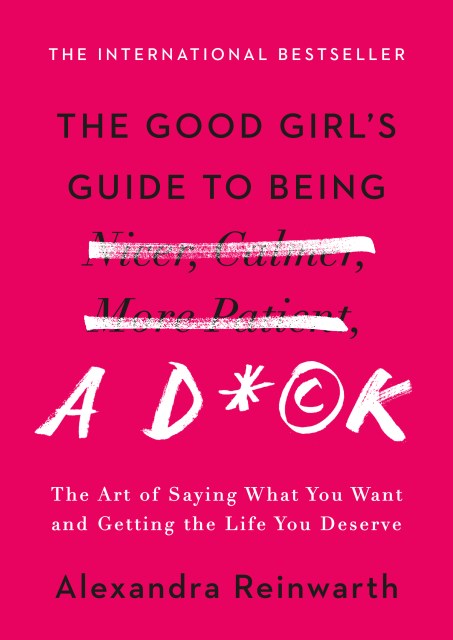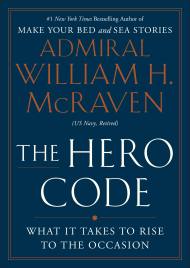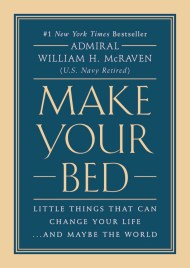By clicking “Accept,” you agree to the use of cookies and similar technologies on your device as set forth in our Cookie Policy and our Privacy Policy. Please note that certain cookies are essential for this website to function properly and do not require user consent to be deployed.
The Good Girl’s Guide to Being a D*ck
The Art of Saying What You Want and Getting the Life You Deserve
Contributors
Formats and Prices
- On Sale
- Apr 2, 2019
- Page Count
- 192 pages
- Publisher
- Grand Central Publishing
- ISBN-13
- 9781538732380
Price
$20.00Price
$26.00 CADFormat
Format:
- Hardcover $20.00 $26.00 CAD
- ebook $12.99 $16.99 CAD
- Audiobook Download (Unabridged)
This item is a preorder. Your payment method will be charged immediately, and the product is expected to ship on or around April 2, 2019. This date is subject to change due to shipping delays beyond our control.
Buy from Other Retailers:
THE INTERNATIONALLY BESTSELLING NO-NONSENSE GUIDE THAT WILL TRANSFORM YOUR LIFE.
Stop worrying about being nicer, calmer, or more patient. Be a d*ck.
For author Alexandra Reinwarth, it all began when she told off a toxic friend. Realizing this person was making her life miserable, she ditched her. This one small act of rebellion sparked a huge change in the way Alexandra forever dealt with social guilt about everything. Ever struggle with how you are
THE GOOD GIRL’S GUIDE TO BEING A D*CK will teach you how to embrace your inner jerk, guiding you through who and what to get rid of from your life, stop worrying about what others think, and how the seemingly small things in life can have a huge impact on the quality of your everyday living. You’ll learn how to embrace your own needs and desires to live the life you’ve always wanted.
For any woman who has felt that familiar agony of saying “no”–this book is for you.
Stop worrying about being nicer, calmer, or more patient. Be a d*ck.
For author Alexandra Reinwarth, it all began when she told off a toxic friend. Realizing this person was making her life miserable, she ditched her. This one small act of rebellion sparked a huge change in the way Alexandra forever dealt with social guilt about everything. Ever struggle with how you are
- as a person
- as a friend or a coworker
- as a partner or a mother
- as a daughter-in-law?
THE GOOD GIRL’S GUIDE TO BEING A D*CK will teach you how to embrace your inner jerk, guiding you through who and what to get rid of from your life, stop worrying about what others think, and how the seemingly small things in life can have a huge impact on the quality of your everyday living. You’ll learn how to embrace your own needs and desires to live the life you’ve always wanted.
For any woman who has felt that familiar agony of saying “no”–this book is for you.
Newsletter Signup
By clicking ‘Sign Up,’ I acknowledge that I have read and agree to Hachette Book Group’s Privacy Policy and Terms of Use






